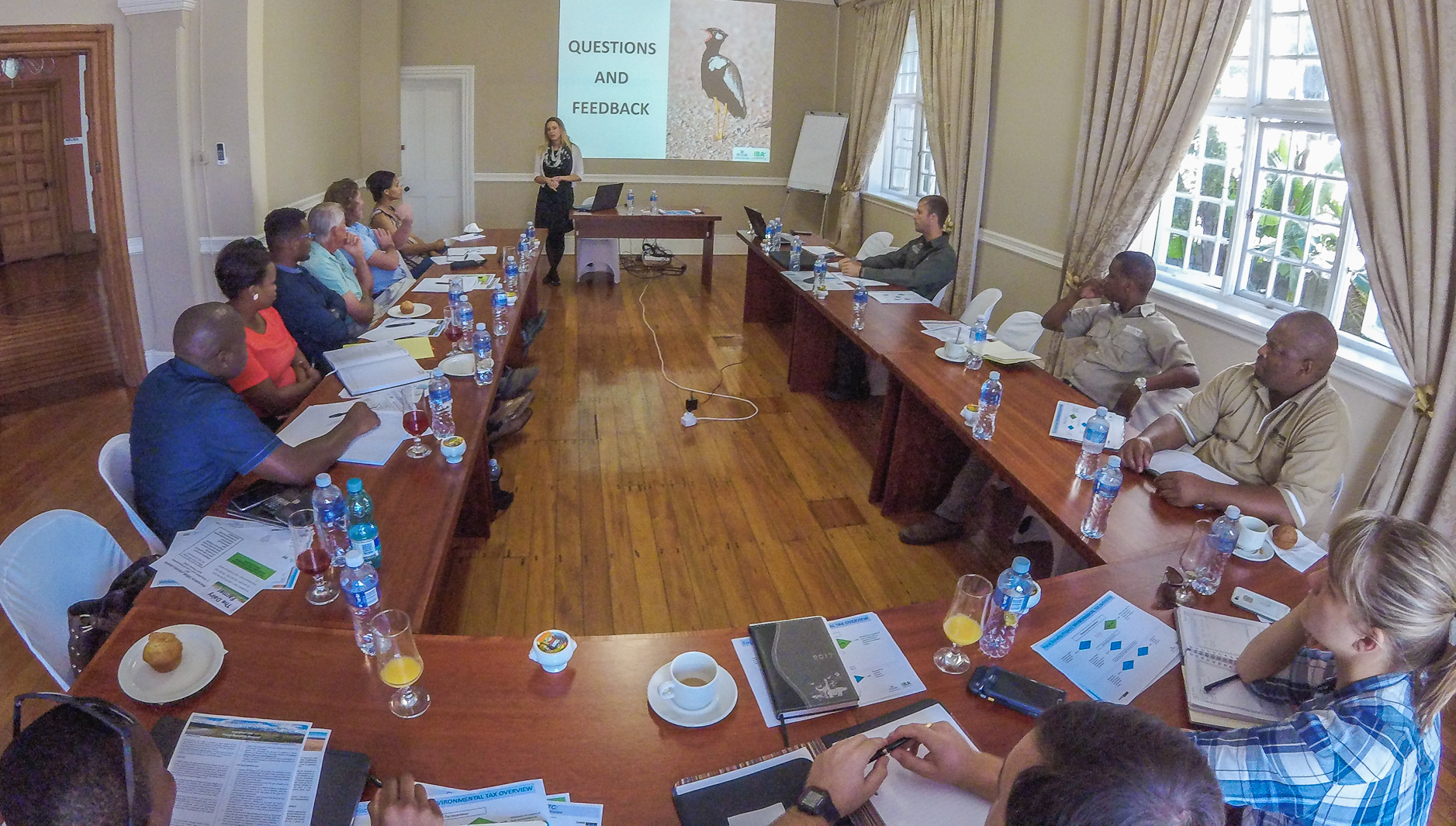

The success of introducing South Africa's first biodiversity tax incentive into the protected areas network began with the amendment of South Africa's Income Tax Act. Without the tax incentive being lodged into national fiscal legislation, the solution would never have been possible. This first successful step required the building block of: National Policy Engagement. Amending the Income Tax Act required deliberate engagement with key national ministries and departments, primarily: the Department of Environmental Affairs and the Ministry of Finance. Institutional support was provided by the Department of Environmental Affairs and the department endorsed the tax work at a national level. This allowed for direct engagement with key environmental fiscal policy makers within South Africa's National Treasury. This engagement was direct, open, collaborative and positive, and allowed for the formulation of South Africa's first tax deduction aimed at supporting and benefitting taxpayers formally protecting South Africa's natural heritage in the public interest.
- The success of this building block was due in part to the historically positive relationships between national ministries and conservationists, which the Project was able to leverage.
- Additionally, the project manager is a tax specialist; without these niche tax skills the national policy engagement would not have been as successful.
- Policy makers also understood two key points: the country’s environmental need and the use of protected areas, and the need to fiscally reward land stewards for their public benefit investment.
Key lessons learned in successfully engaging with national policy makers:
- The use of niche skill sets: when aiming to introduce specific tax incentives, a tax specialist was required to effectively discuss this with national tax policy makers.
- Deliberate and direct communication: regular, professional, and accurate information and Project updates ensured that communication enhanced the policy engagement and expectations were met.
- Networking and relationship building: ensuring project implementers knew, and were known, by policy makers allowed for the Project’s goals to not be forgotten and allowed for personal communication and messaging.
- Institutional support: having institutional support from key government departments was crucial to securing the support from other government departments and policy makers.
- Historical relationships: understanding the history behind previous engagements, positive and negative, was vital in determining how the policy engagement proceeded.